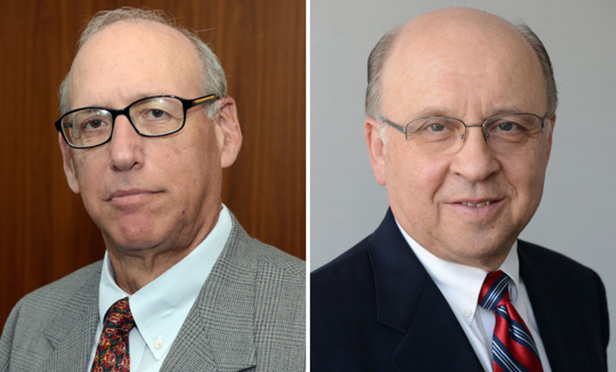On March 28, 2017, the Federal Communications Commission (FCC), in the pending case ACA Int’l v. FCC & USA, No. 15-1211 (D.C. Cir. argued Oct. 19, 2016), told the U.S. Court of Appeals for the District of Columbia (the D.C. Circuit) that a recent decision in the Ninth Circuit should influence its decision as it decides a challenge to the autodialer restrictions in the Telephone Consumer Protection Act (TCPA), 47 U.S.C. §227 et seq. This Ninth Circuit decision arose after defendant was accused of sending “robotexts,” which is generally considered the act of making autodialed texts to cell phones.
That Ninth Circuit case, Flores v. Adir Int’l, No. 15-15260, 2017 WL 110103 (9th Cir. March 25, 2017), overturned the district court and held that, even though the text messages at issue in the case were not sent to the plaintiff “randomly,” the text messages could still render the defendant an “autodialer” subject to liability under the TCPA.
This content has been archived. It is available through our partners, LexisNexis® and Bloomberg Law.
To view this content, please continue to their sites.
Not a Lexis Subscriber?
Subscribe Now
Not a Bloomberg Law Subscriber?
Subscribe Now
LexisNexis® and Bloomberg Law are third party online distributors of the broad collection of current and archived versions of ALM's legal news publications. LexisNexis® and Bloomberg Law customers are able to access and use ALM's content, including content from the National Law Journal, The American Lawyer, Legaltech News, The New York Law Journal, and Corporate Counsel, as well as other sources of legal information.
For questions call 1-877-256-2472 or contact us at [email protected]



